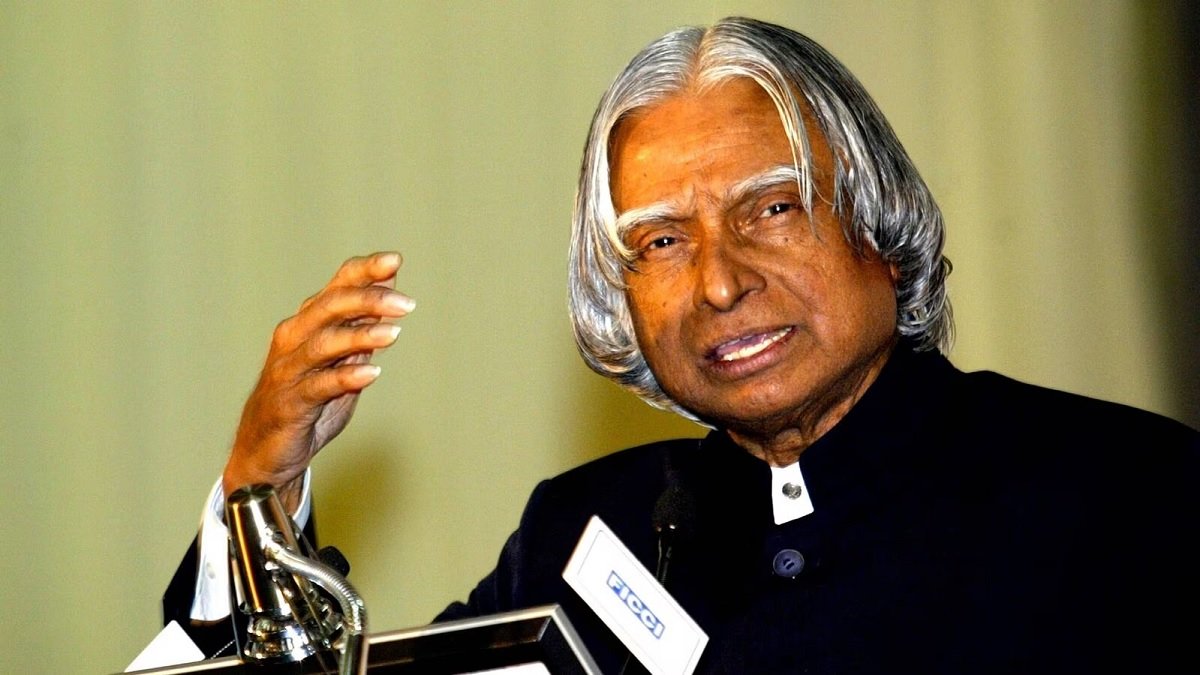The Bahá’í teachings encapsulate a profound philosophical and spiritual framework that emphasizes the unity of humanity, the oneness of religious truth, and the moral imperative to foster social justice. Among the pivotal figures within this movement is `Abdu’l-Bahá, the son of Bahá’u’lláh, the founder of the Bahá’í Faith. His interactions with influential contemporaries, notably Andrew Carnegie, illuminate the applicability of Bahá’í principles to societal advancement and the cultivation of personal character. Specifically, the advice imparted by `Abdu’l-Bahá to Carnegie exemplifies the synthesis of material success and spiritual elevation.
Andrew Carnegie, a titan of the American steel industry, is often heralded as one of the quintessential self-made men of the 19th century. Embodying the American Dream, his journey from impoverished beginnings to immense wealth has been chronicled extensively. However, it is the intersection of his formidable industrial acumen with the altruistic philosophies espoused by `Abdu’l-Bahá that presents a fascinating examination of the moral dimensions of wealth. `Abdu’l-Bahá advised Carnegie on the responsible use of wealth, advocating for its channeling into philanthropic endeavors that could benefit society at large.
This perspective resonates deeply within Bahá’í teachings, which espouse that material wealth should not be an end in itself but rather a means to foster the well-being of humanity. One of the tenets of Bahá’í philosophy posits that true success is measured not by personal accumulation but by the impact one has on the broader community. In this context, `Abdu’l-Bahá’s guidance to Carnegie reflects a deeper understanding of the nature of prosperity—it is transient and works best when utilized for collective upliftment.
`Abdu’l-Bahá, articulating the essence of leadership, urged individuals in positions of power and influence to adopt an attitude of servitude to humanity. This radical reorientation from self-interest to selflessness serves to address a common observation that many wealthy individuals perceive their riches as a testament to personal merit. Concurrently, it hints at the deeper reason for fascination with wealth: the societal perception of success and status. Through the lens of Bahá’í teachings, however, prosperity becomes a responsibility rather than a privilege.
Additionally, the dialogue between `Abdu’l-Bahá and Carnegie underscores the philosophy of intentional living that permeates the Bahá’í Faith. Carnegie, who significantly invested in libraries, education, and scientific advancements, illustrates a model of philanthropy that resonates with `Abdu’l-Bahá’s ideals. Education, a recurring theme within Bahá’í writings, is not merely a vehicle for personal enrichment but a foundation for social progress. `Abdu’l-Bahá encouraged Carnegie, and by extension all individuals of means, to invest in educational initiatives that empower the marginalized and foster a culture of learning and collective development.
In this context, `Abdu’l-Bahá’s guidance can also be seen as a compelling commentary on the evolving role of wealth in society. It argues for a paradigm shift where affluent individuals transcend traditional notions of success tied solely to personal gain. Instead, it advocates for an understanding of wealth as a tool for transformation. This transformative potential of wealth reflects the Bahá’í understanding of humanity’s oneness, where the welfare of one is inextricably linked to the welfare of all.
Furthermore, `Abdu’l-Bahá’s discourse with Carnegie reflects the urgency of addressing societal ills through concerted efforts rooted in justice and equity. The Bahá’í teachings lay a robust foundation for addressing the systemic inequalities that persist in society. In urging Carnegie to direct resources towards alleviating poverty and combating ignorance, `Abdu’l-Bahá highlights the vital connection between individual fortune and collective responsibility.
One noteworthy aspect of their interaction is the manner in which `Abdu’l-Bahá reframed Carnegie’s perception of his life’s work. Rather than viewing his labor solely as a quest for material success, he encouraged Carnegie to recognize the spiritual implications of his actions. This reframing invites a consideration of how personal aspirations and broader altruistic goals can coexist harmoniously, reflecting a holistic approach to life that is often lacking in conventional discourses about wealth.
The legacy of `Abdu’l-Bahá’s advice extends beyond the historical context of his interactions with Carnegie. It inspires contemporary dialogues about wealth distribution, social equity, and the ethical responsibilities that accompany affluence. In the modern era, where the gulf between the wealthy and impoverished continues to widen, the Bahá’í principles articulated by `Abdu’l-Bahá remain strikingly relevant. They encourage critical reflection on the societal roles of affluent individuals and institutions, fostering a sense of community and interconnectedness that transcends economic divides.
In conclusion, the dialogue between `Abdu’l-Bahá and Andrew Carnegie encapsulates the essence of Bahá’í teachings regarding wealth and its ethical implications. It serves not merely as a historical footnote but as a continual call to action for generations that follow. The responsibility to harness resources for the common good is a theme that resonates profoundly within the Bahá’í framework. This dialogue invites both reflection and action, as individuals navigate the complexities of material achievement while aspiring to spiritual elevation and societal betterment.
